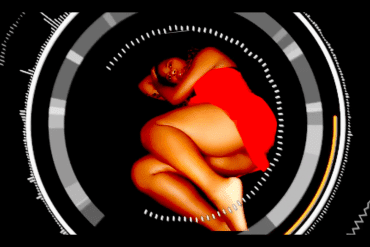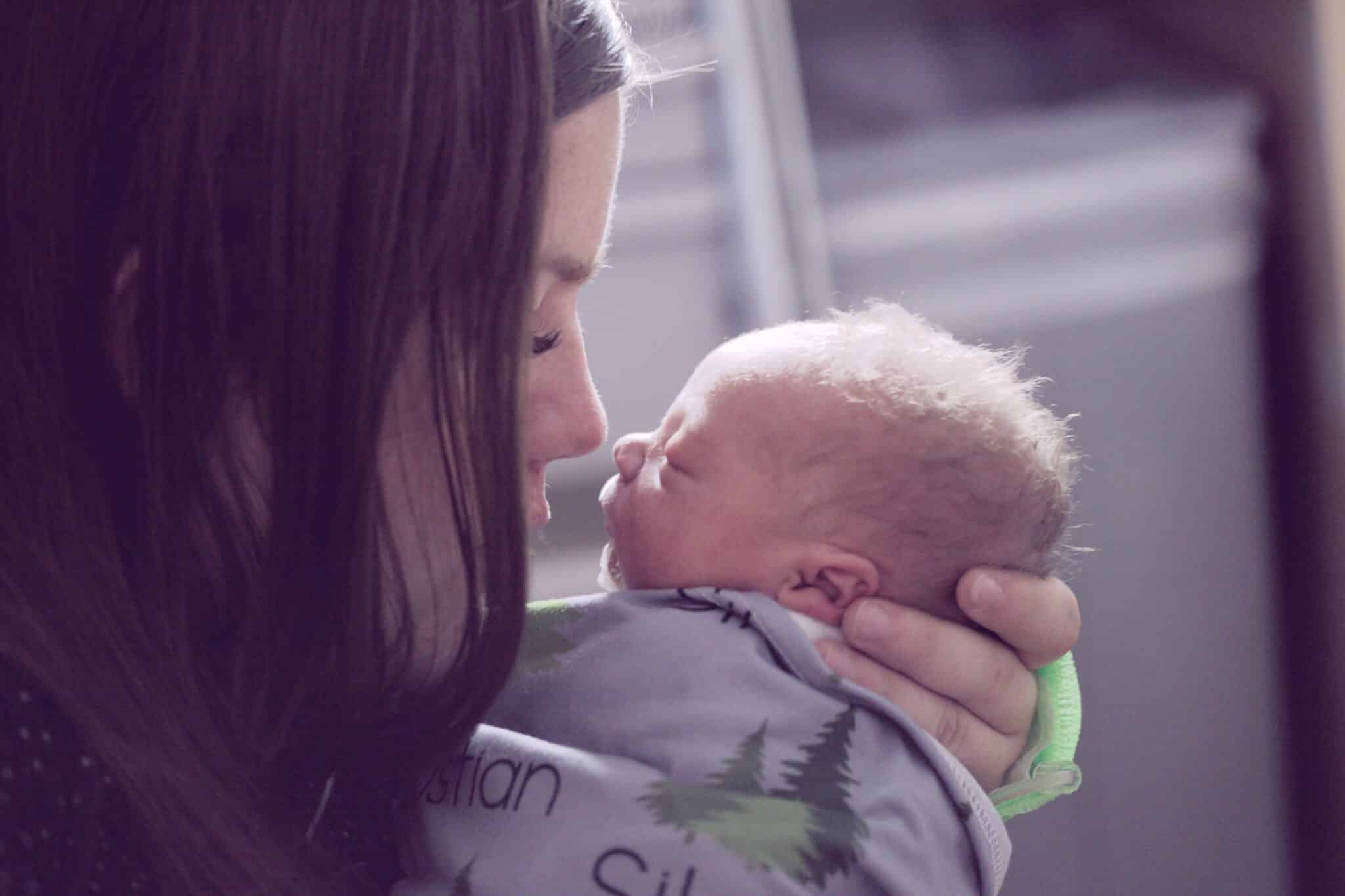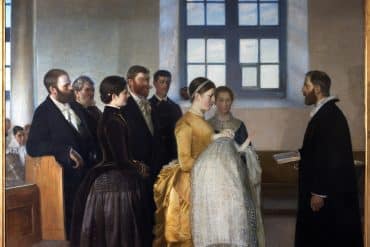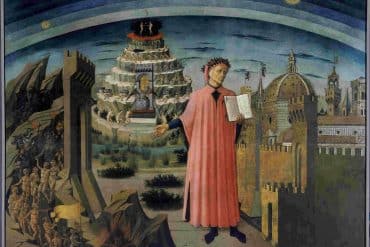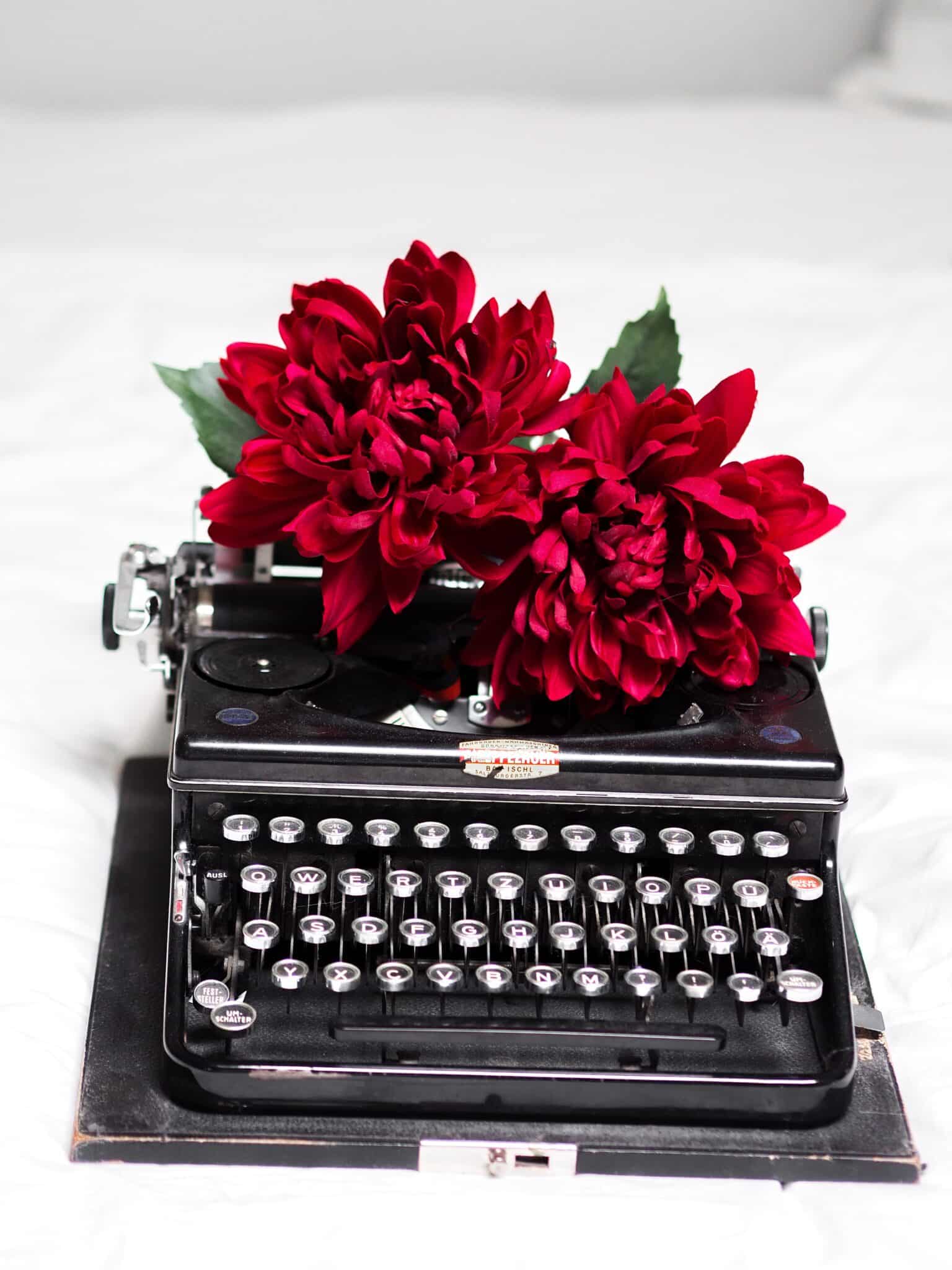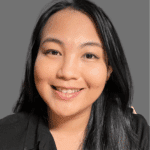The Voice’s Standpoint in Creative Expressions: An Artist’s Perspective
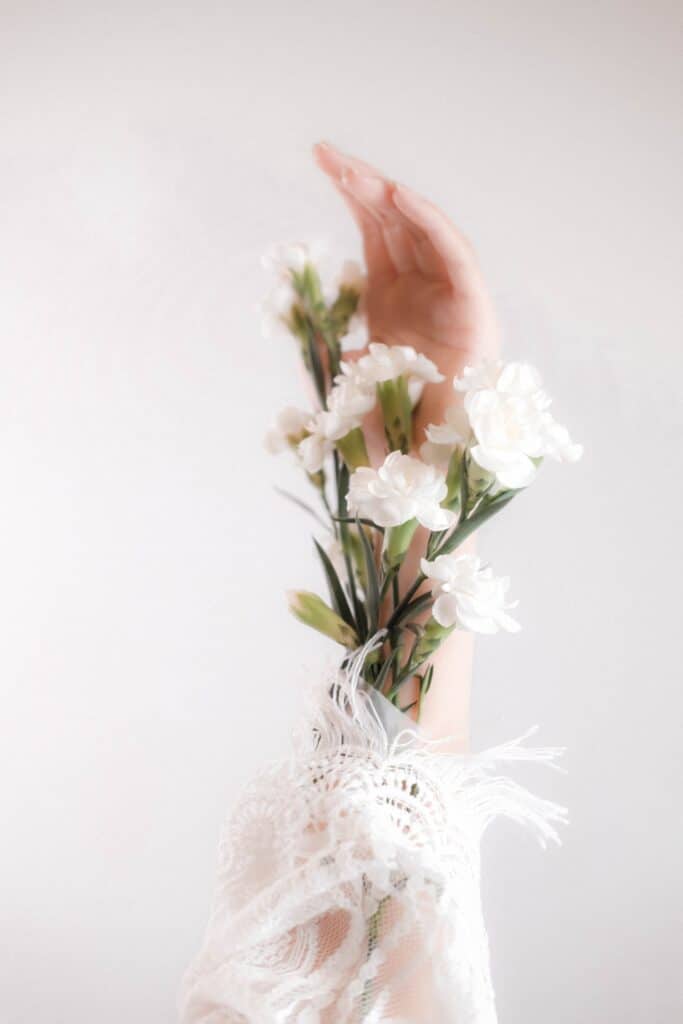
The Voice’s Standpoint in Creative Expressions: An Artist’s Perspective
With my recent studies and initiatives, there is one particular theoretical perspective I have come to know deeper – the Feminist Standpoint Theory (FST). FST offers concepts that can be applicable not only to feminist studies but in finding our own voice in communication and creative expressions and acknowledges that an individual’s perspective of their own experience is a valuable source for data. FST further explains that individuals, in general, are situated in specific “social locations” – whether one is “poor, wealthy, European, American, African American, Latino, uneducated, well educated, etc.” therefore, each one of us have our own ‘standpoints’, which is the “social location and the basis of interpretation of an individual’s life” (West & Turner, 2018).
There are multiple approaches to find one’s poetic voice depending on the lens one chooses as a part of the author’s creative decision.
Our standpoints are, I think, the primary source of our “voice” or perspective in whatever creative expression. Similarly, these concepts are useful in autoethnographies (i.e., autoethnographic creative expressions). For example, this article is written from a perspective that is influenced by my cultural, experiential, social and academic pedigree.
From a performing artist’s perspective, I have experience performing poetry and drama scripts written by someone else for over ten years. This is an interesting perspective since the voices I have performed do not necessarily come from me, therefore, my process of internalization is different from that of the authors’ – whether they come from a perspective that is feminine, masculine, a different generation, and from a particular standpoint that is completely different from mine. Those poetry performances used my voice and interpretation being an actor on stage. The performance I give in a poetry performance, for example, is based on my interpretation of the persona perceived by the author.
The voice performed in a poetry performance then becomes the amalgamation of ‘voices’ of the author, (the director), and ultimately, the actor – who is at the end of the process where the poem is being experienced.
The reader-response theorists offer an explanation to this context wherein they suggest that a reader’s interpretation of a literary piece is influenced by the individual’s own beliefs, values, and experiences. Thus, a reader’s reception to a poem is ultimately a reflection of their own poetic voice.
Citing an instance, I had an experience performing the same piece written by a poet with another person. I performed the piece, as requested, in a literary & arts performance series, and I performed it using my training in literature and theater. The poet commented that she liked the “flavor” I gave in my performance to her poem. Later on, I had the privilege to witness the poetry performance of the same piece by another person for another event and the treatment was different from mine. It seemed our performance interpretations of the same exact words and texts were not exactly the same, therefore, not evoking the same audience reception.
To describe my personal process as an actor, when I perform a piece – whether poetry, music, song or drama – I try to understand the persona created by the author of the piece.
As an audience member of that performance, I did not hear the same exact voice I gave on my own. In the case of my performance, was my voice “absent” in that performance? Are we hearing mainly the voices of the poets in these poetry performances? How about the performative interpretation of the pieces, are we not “hearing” the actor’s voice in such performances? This is a common puzzle among performing artists, whose work is the constant interpretation through performance of scripts and poems written and possibly directed by someone else.
To describe my personal process as an actor, when I perform a piece – whether poetry, music, song or drama – I try to understand the persona created by the author of the piece. How I perform it is based on my human experience paired with my training in theater along with a director’s guidance (if present). In this process, I don’t feel that the actor’s voice is fully absent in surfacing the poem’s voice through performance.
Intentionality is key to finding voice in creative expressions
The voice performed in a poetry performance then becomes the amalgamation of ‘voices’ of the author, (the director), and ultimately, the actor – who is at the end of the process where the poem is being experienced. I think that this intrapersonal communication process of finding voice in creative expressions is inherent to every artist, regardless of art form and expression, and I think it is a truly personal journey, and can be guided by knowing exactly what one wants to evoke in a creative expression.
In conclusion, I think that intentionality is key to finding voice in creative expressions. The voice in creative expressions should be consistent with what it intended to be. I think that one must try to understand from what particular standpoint a particular voice the poem should come from – whether based in real life or a fictionalized one. Understanding the poetic voice or the persona must also come with an understanding of the voice’s standpoint, because otherwise, the voice “vocalized” will become a misinterpretation of the intended voice upon conceptualization – whether simply read or performed.
References
West, R. & Turner, L. (2018). Introducing communication theory: Analysis and Application. (6th ed.). NY: McGraw-Hill Education.
Other suggested reading:
Daiton, M. & Zelly, E.D. (2019). Applying Communication Theory for Professional Life: A practical introduction. (4th Ed.). U.S.A: Sage.
Credits
Hand with flower image by Linh Le for Unsplash
Featured photo by Laura Chouette for Unsplash
Learn More
New to autoethnography? Firstly, visit What Is Autoethnography? How Can I Learn More? to learn about autoethnographic writing and expressive arts. Interested in contributing? Then view our editorial board’s What Do Editors Look for? Accordingly, check out our Submissions page. Subsequently, view Our Team in order to learn about our editorial board. Additionally, please see our Work with Us page to learn about volunteering at The AutoEthnographer. If a student or teacher, then visit Scholarships to learn about our annual student scholarship competition.
Executive Director of Media Development & Editorial Board Member at The AutoEthnographer.
Currently pursuing a PhD in Global Communication at Bangkok University, Lina obtained a master’s degree in Development Communication and a bachelor’s degree in Communication Arts from the University of the Philippines. Her research interests include sustainable communication, autoethnography, dramaturgical framing, women’s leadership development, social media environments, and development communication. She currently serves as the Asia Pacific Regional Director for a global executive search firm, and as a Leadership Development Mentor & Interview Leader at Wedu – a non-profit organization supporting young women from Asia in their leadership development. She recently collaborated with “WERise x SheDisrupts Philippines 2022” and "SheDisrupts Indonesia 2023" – an annual venture competition, mentorship and pre-acceleration program for women-led, social-impact startups. Her project on digital training and work-from-home readiness was awarded with seed funding at the 2021 U.S.-ASEAN Innovation Circle Grassroots Competition (“Sustainable Human Capital Supply in the Digital Economy” category). Lina is passionate about theater arts, which she practiced for 15 years. She is currently serving as PhD Ambassador in Thailand for the International Association for Media and Communication Research (www.iamcr.org). She recently got admitted to Jönköping University taking a doctoral course in Sustainable Communication. She lives between Thailand and China with her husband, Edoardo.


